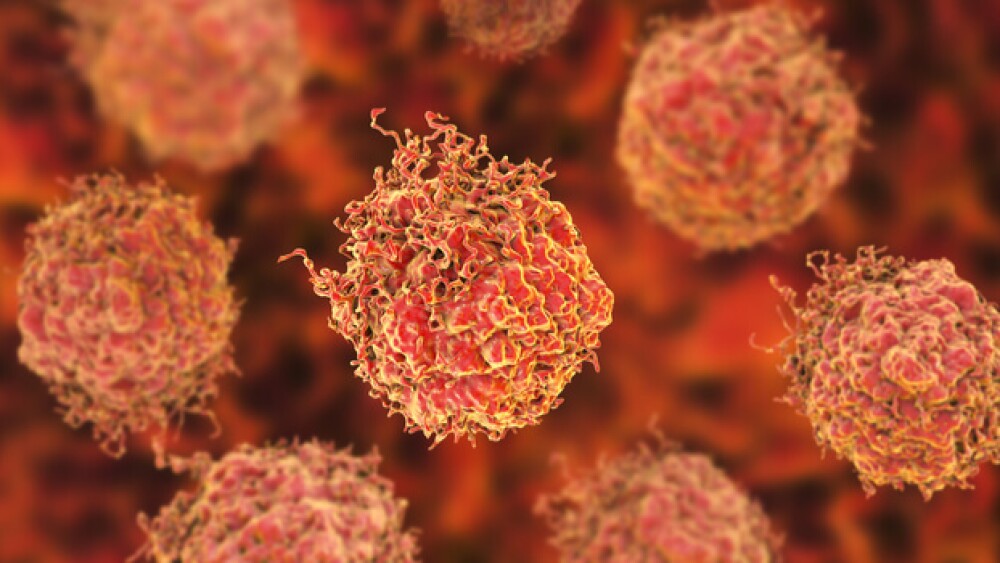RhoVac AB announced Tuesday that its candidate therapeutic for prostate cancer failed to meet targets in a Phase IIb study.
RhoVac AB announced Tuesday that its prostate cancer drug candidate failed to meet targets in a Phase IIB study.
Results for RV001 (onilcamotide) failed to demonstrate the drug’s superiority over the placebo in the Phase IIb BRaVac trial. The study began in late 2019 and evaluated patients with prostate cancer and biochemical recurrence after undergoing curative therapy. Data from RhoVac’s Phase I/II trial was positive, offering hope for a potentially successful study. The U.S. Food and Drug Administration even gave RV001 a Fast Track Designation in November 2020 because of these initial observations.
However, while the drug demonstrated safety, the same could not be said in terms of efficacy. The BRaVac trial showed that RV001 was unable to meet its primary endpoint of demonstrating superiority over the placebo in reducing the risk for progression. The initial data also did not show any significant data on improved outcomes.
“Even though we know that benchmarks state that the probability of success for a phase II project in oncology is less than 50% and that clinical development is always a calculated risk, we are surprised and deeply saddened to find that BRaVac failed to meet its primary endpoint,” Anders Månsson, chief executive officer of RhoVac said in a statement. “We will immediately minimize expenditure, while further assessing the study data, with the aim of coming up with firm recommendations on how to proceed, and to communicate this end June.”
RV001 is an immuno-oncologic drug that presents to the immune system as an antigen. It works by stimulating the T-cells to spot and destroy cells that carry the RhoC protein, which is over-expressed when cancer cells are metastatic. It is not designed to address solid tumors and only targets metastatic cancer cells in early formation. As of this writing, the treatments used to deal with primary tumors typically involve surgery or radiation therapy which, although effective, still leave a large unmet need for treatments that would prevent recurrence after primary tumor therapy.
Based on results from the BRaVac trial alone, the company acknowledges that no license or acquisition deal will be happening anytime soon. For now, RhoVac will focus on analyzing its expenditures and devising a contingency plan.
The BRaVac study enrolled its first patient in the U.K. in January 2021, to recruit more than 175 participants in six European countries and the U.S. In early 2022, the Canadian Intellectual Property Office issued a Notice of Allowance, granting the patent application for RV001, similar to the patents granted previously in Japan, Europe and the U.S.





